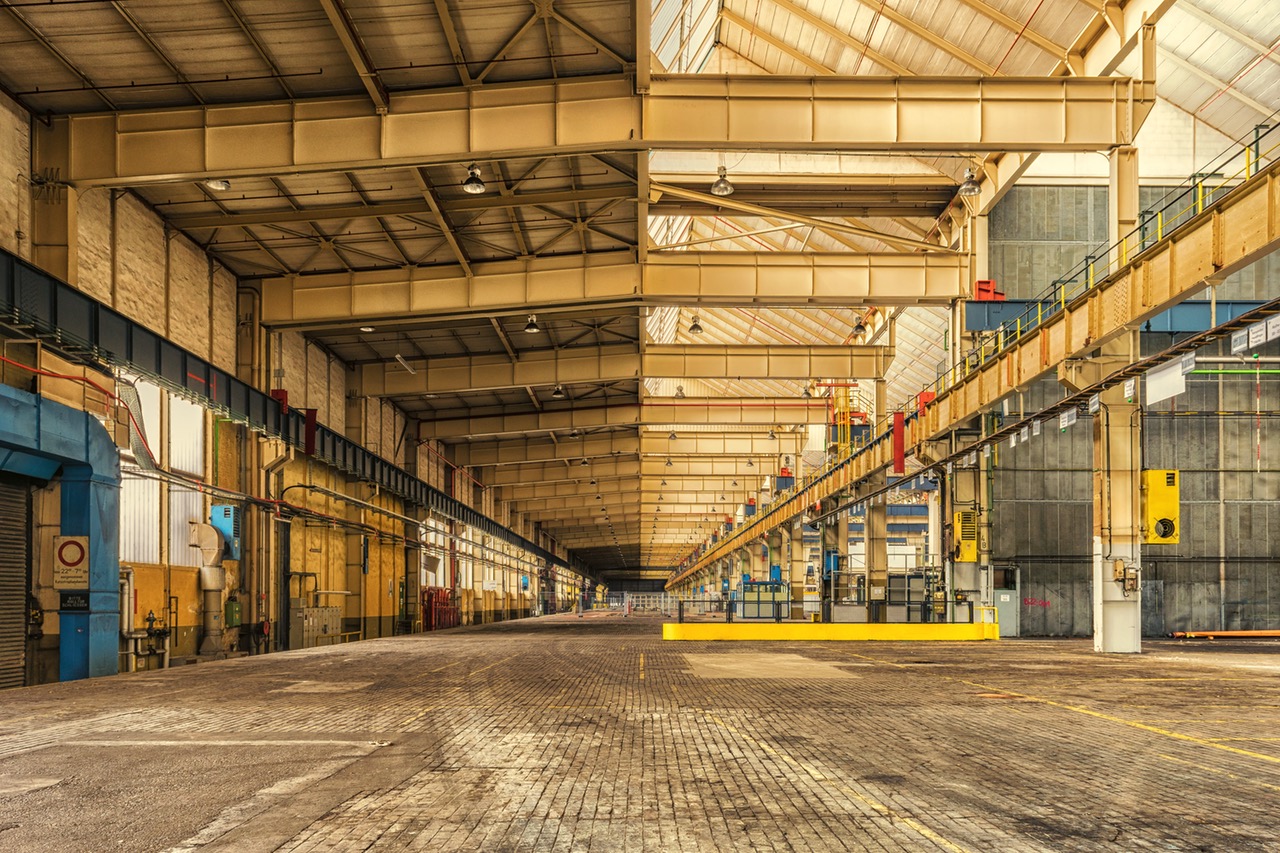Making buildings smarter has traditionally been an expensive endeavor.
But as the cost of sensors and other related equipment has dropped dramatically, the ability of companies to improve the efficiency of commercial buildings has in turn gone up exponentially.
So while funding in the smart building sector has seen its share of ups and downs in recent years, industry observers and experts say the space is on the verge of a potential boom. One leading company in the space, Milpitas, Calif.-based View Inc.—a startup that manufactures View Dynamic Glass, a new generation of architectural glass that aims to intelligently transition through multiple tint states to control the sun’s energy—has raised a total of $544.9 million in equity funding and debt rounds since its inception in 2007. In February, $100 million was brought in from TIAA Investments.
The company declined to comment for this story, but the raise supports the notion that the smart building sector still has a lot of growth ahead of it. According to Crunchbase research, the smart building category as a whole raised nearly $85 million in equity funding (that we know of) in 2016,
The chart below shows funding activity in Crunchbase’s “smart building” category over the past few years. Note that these numbers reflect only those funding events for which investment amounts are known. Also: The listed 2017 listed result is to-date.

Although the total amount of money invested in smart building companies has fluctuated somewhat over the past several years, there is a general upward trend in the number of deals struck on an annual basis as more seed- and early-stage startups raise capital in the space.
Specific-industry verticals (including manufacturing field devices, process sensors for electrical generating plants, and real-time location devices for healthcare) drove the use of connected things among businesses through 2017, according to a January 2017 report by research firm Gartner. But moving forward – in particular from 2018 onwards – Gartner predicts that cross-industry devices, such as those targeted at smart buildings (including LED lighting, HVAC, and physical security systems) will take the lead as connectivity is driven into high-volume, low-cost devices.
Gartner went on to project that in 2020, cross-industry devices will reach 4.4 billion units, while vertical-specific devices will amount to 3.2 billion units.
Augury’s Example
New York City-based predictive maintenance startup Augury Inc. is an example of a company in the smart building space that is seeing impressive growth.
Six-year-old Augury is currently finalizing its Series B round, which co-founder and CEO Saar Yoskovitz describes as “oversubscribed.” The company has a raised a total of $9 million, including $7 million in a Series A in August of 2015.
The startup’s goal is to redefine the predictive maintenance industry by bringing its proprietary algorithms, smart sensing device, and mobile diagnostics tool to new markets, starting with diagnosing HVAC (heating, ventilation, and air conditioning) systems within commercial buildings.
Yoskovitz makes it sound simple.
“Basically, we listen to machines and based on the noises they make, we can tell you what’s wrong with them and what you need to do in order to fix them,” he said.
Over the past two quarters, Augury has grown its revenue by 500 percent and its customer pipeline by more than 400 percent, according to Yoskovitz, who declined to reveal specific numbers. Customers include some of the world’s largest maintenance and facilities companies such as Johnson Controls, Trane, Carrier, Aramark, AECOM and the Brooklyn Navy Yard Cogen Facility.
With its upcoming raise, Augury plans to beef up its sales, marketing, and engineering divisions.
“We keep investing in technologies and products so that we can enhance the capability to the system,” Yoskovitz said. “Our goal is to eventually embed our diagnostic capabilities into a manufacturer’s machine.”
Vertical Expansion
While Yoskovitz views his company as an early mover in the space, he acknowledges that it’s still a growing one.
“There’s been an uptick in interest from investors, as well as in the number of competitors. We were pulled into the fundraising process earlier than we expected because all of the large financial firms in the Valley started asking questions about this market,” he said. “But at the same time, most of their feedback was that this market is still young and playing out. A lot of them don’t have a thesis yet and are not necessarily ready to place a bet on it.”
Part of the issue, Yoskovitz says, is that startups like his combine hardware and big data and not all VCs are all that comfortable with hardware companies.
Lior Susan, founder and partner of Palo Alto-based Eclipse Ventures, said his firm was drawn to Augury’s ability to abstract raw data and apply that knowledge to automatically provide information for humans to follow on with action.
Eclipse has been so pleased with its investment in the company thus far that it’s also leading the pending Series B round, and scoping out other companies in the smart building space.
“We’re very excited about the predictive maintenance area and in general around smart building,” he said. “We see today a lot of inefficiencies that can be solved by technology. Technology was once extremely expensive to apply to this type of market but now the cost of the sensors, computing, and the storaging of the data has opened up so dramatically so it’s opened up the market.”
As investors wait out the space to see which companies prove themselves and what kind of landscape will emerge, it will only be a matter of time before smart buildings become the norm rather than the exception.

Stay up to date with recent funding rounds, acquisitions, and more with the Crunchbase Daily.


![Europe Quarterly Graphic - 2024 [Dom Guzman]](https://news.crunchbase.com/wp-content/uploads/Quarterly-Cowboy-Europe-470x352.jpg)

![Cloud computing device. [Dom Guzman]](https://news.crunchbase.com/wp-content/uploads/Cloud_Computing-1-470x352.jpg)

![Illustration of a guy watering plants with a blocked hose - Global [Dom Guzman]](https://news.crunchbase.com/wp-content/uploads/quarterly-global-3-300x168.jpg)
67.1K Followers